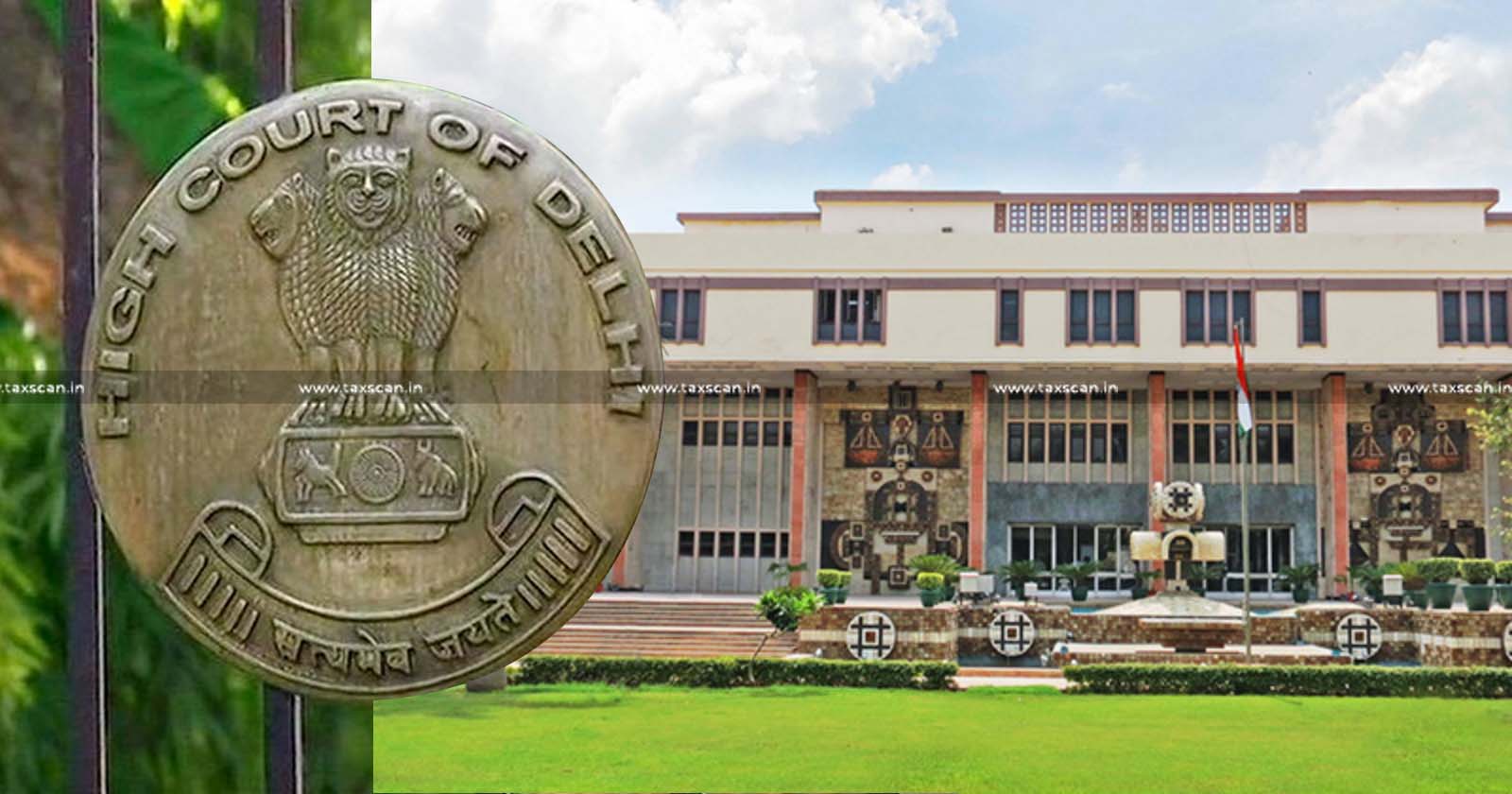Delhi HC upholds Tribunal's decision on Profit Attribution to PE in India Due to Lack of New Evidence [Read Order]
The court found that the earlier ruling was justified, as the appellant failed to provide new evidence to challenge the existing findings on how profits should be allocated to its operations in India

In the recent ruling, the Delhi High Court upheld the decision of the Income Tax Appellate Tribunal (ITAT) regarding the attribution of profits to a Permanent Establishment (PE) in India.
GE Nuovo Pignone S.P.A., the appellant-assessee, now known as Nuovo Pignone International SRL, challenged the reassessment of its income under Section 148 of the Act and questioned the attribution of profits to its PE in India. Additionally, the appellant filed a writ petition concerning the dismissal of a Miscellaneous Application by the ITAT.
The appellant argued that the reassessment proceedings were invalid due to unmet conditions for initiating the reassessment. However, the court found that reassessment could be justified in cases of jurisdictional errors or failures to meet statutory requirements. Since the appellant did not demonstrate such errors, the challenge was rejected.
The court noted that an earlier ruling had already addressed the issues of Fixed Place PE and Dependent Agent PE (DAPE), determining against the appellant. This earlier decision had attained finality, and the appellant failed to present new facts that distinguished the current assessment year from the previous one.
Boost Your GST Skills: Master Notice Responses & Drafting – Enroll Now
It emphasized that without any change in the factual position, the tax authorities were justified in proceeding with the reassessment. The appellant did not provide evidence of any fundamental changes that warranted a separate evaluation.
Regarding profit attribution, the ITAT observed that the appellant earned income from both offshore supplies and onshore services in India. The appellant claimed that even if a PE existed, no further profits could be attributed to GE India Industrial Pvt. Ltd. (GEIIPL) because it had been compensated at arm’s length. The appellant cited the Supreme Court's ruling in Morgan Stanley to support its argument that no additional attribution was necessary.
The Assessing Officer (AO) concluded that the appellant had a Fixed Place PE in India and an Agency PE through GEIIPL. The AO attributed offshore supply revenue to these PEs, arguing that GEIIPL acted as a business connection for the appellant. The AO rejected the appellant’s proposed estimate of offshore supply income based on average sales from previous years and instead applied a detailed calculation to determine the income attributed to the PEs.
The ITAT reviewed the AO’s profit attribution and found it reasonable. It upheld the AO’s use of historical sales figures and found the method of estimating income at 10% of sales appropriate, attributing 26% of profits to operations carried out by the PE in India. The court agreed with the ITAT, recognizing the attribution as fact-based and justified.
Boost Your GST Skills: Master Notice Responses & Drafting – Enroll Now
The appellant's Miscellaneous Application aimed to rectify the ITAT's view on profit attribution, but the ITAT found no errors in its original ruling. The court noted that the appellant attempted to reargue a previously decided issue without presenting new evidence.
The appellant contended that the AO relied on prior years' data for estimating offshore sales, claiming this was inaccurate. However, the court determined that the AO’s reliance on previous data was reasonable due to the appellant's failure to provide current-year details during reassessment.
It upheld the tax authorities' approach in attributing a portion of offshore sales to the appellant’s PE in India and confirmed the validity of the reassessment proceedings. The findings of the ITAT and the AO were sustained, and the appellant’s arguments were ultimately rejected.
A coram of Yashwant Varma(Justice) and Ravinder Dudeja (Justice) dismissed both the appeal and the writ petition.
To Read the full text of the Order CLICK HERE
Support our journalism by subscribing to Taxscan premium. Follow us on Telegram for quick updates


